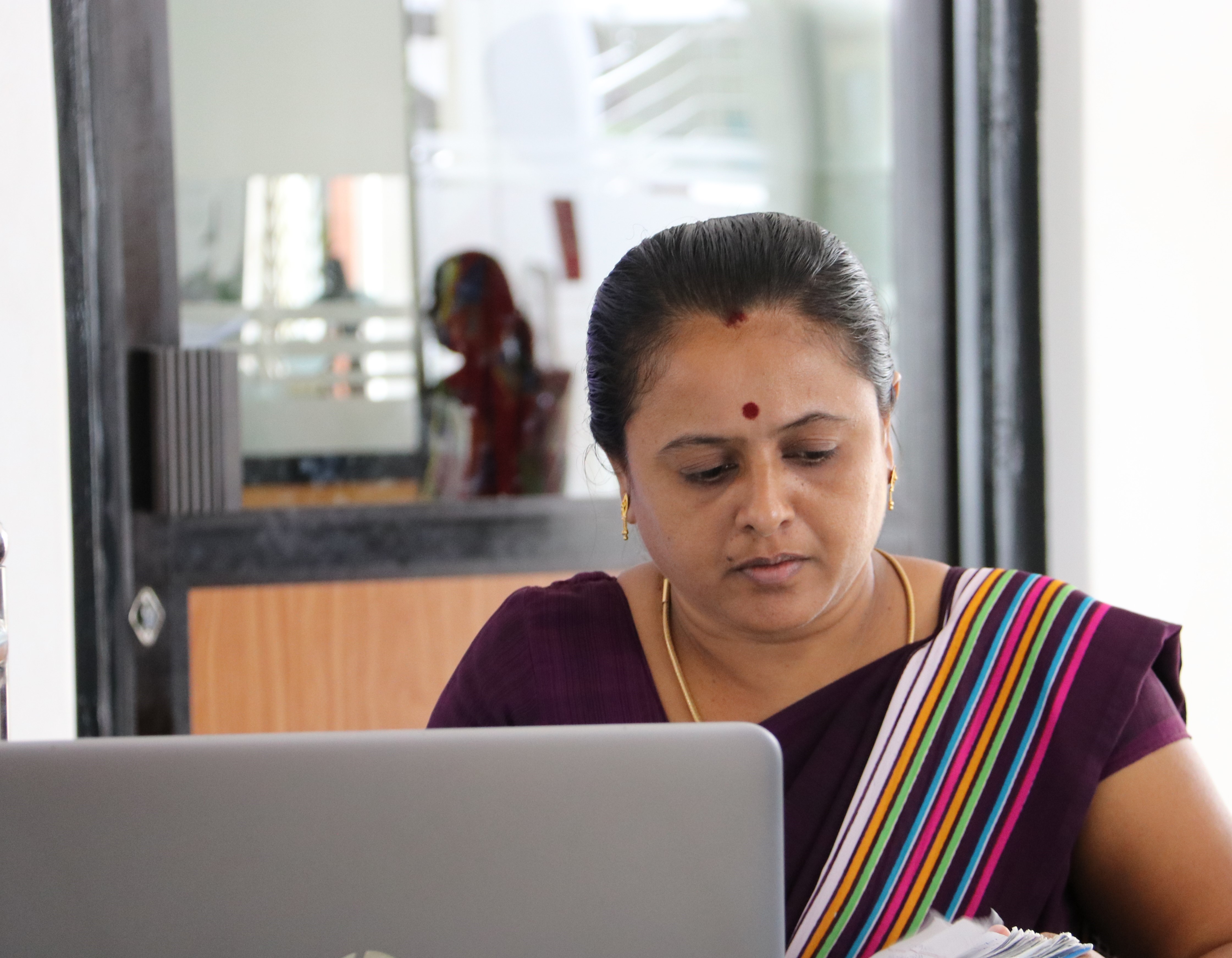COVID-19 lockdown measures have had an unprecedented impact on the functioning of justice systems globally. The suspension of court operations negatively impacted the provision of timely and fair hearings, contributed to increased case backlogs, and led to increased duration of judicial and administrative proceedings.
In Sri Lanka, the pre-COVID-19 backlog of over 750,000 cases pending before courts compounded drastically due to the confinement protocols that did not enable compliance with legal procedures and in person witness testimonies. In addition, the country has witnessed increased arrests and detention for curfew violations. Over 60,000 arrests were made between March-June 2020. Allegations of human rights violations were made pointing to compromise of due process. Delays in court hearings resulted in prolonged detention of pretrial detainees and inmates eligible for early release. Curfew related arrests added to already overcrowded prisons that operate at two and a half times their capacity compromising COVID-19 related health and safety imperatives. Staff layoffs and nonpayment of wages resulted in an exponential increase in industrial disputes. Women, children and persons with disabilities’ access to legal redress has exacerbated during lockdown. More than 12,000 vulnerable women are impacted economically as a result of not receiving court-ordered maintenance over the past few months.
Ongoing partnership with the justice sector enabled the United Nations Development Programme (UNDP) to work with the Legal Aid Commission, in April 2020, to extend the Government’s COVID-19 cash transfer programme to be directed to women unable to access court ordered maintenance.
An individual that benefited from this intervention stated: “Usually, I look after my two children from the monthly court-ordered maintenance I receive from my husband. I was so helpless because I had no means to feed my children during the lockdown. I was then approached by the Legal Aid Commission one day saying I was entitled to the relief package offered by the Government. They advised me to meet the local Gramasewa Niladhari with necessary legal documents. Thanks to their intervention, I received the relief package which was a great support for my children and I during COVID-19”.
Discussions with justice actors led to UNDP’s support to the articulation of a Judicial circular resulted in prioritizing bail applications during the lockdown. Assistance to the compilation and dissemination of Laws and Regulations on Quarantine, Infectious Diseases and Restriction of Movement among judicial officials, legal and medical professionals and law enforcement authorities helped inform medico-legal proceedings including handling of COVID19 positive patients.
In tandem, UNDP in partnership with the Judicial Service Commission, the Legal Aid Commission and the Ministry of Justice, piloted digital solutions through provision of laptops and video conferencing facilities to 23 Courts and 10 prisons in the Western Province resulting in the successful conduct of remote bail hearings.
UNDP’s support to the Legal Aid Commission and the Prisons Department for remote legal counselling resulted in over 30 inmates receiving virtual legal assistance during the month of May.
On 11 June 2020, the Cabinet approved upscaling remote hearing island-wide, to help eliminate inordinate delays within the judicial sector which average 17 years for criminal case completion.
A legal officer of the Legal Aid Commission stated: "Conducting legal consultations with remandees virtually helped provide timely legal assistance to them without any delays and any health risk. The expansion of the digital solutions across the country will ensure delivery of justice for all".
As UNDP continues to support the Justice sector on different fronts, particularly on digital transformation, this is reminder to us all that as states around the world adopt emergency measures to address the crisis, they must continue to uphold the rule of law, and ensure access to justice for all.

 Locations
Locations



